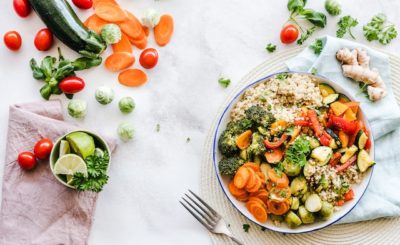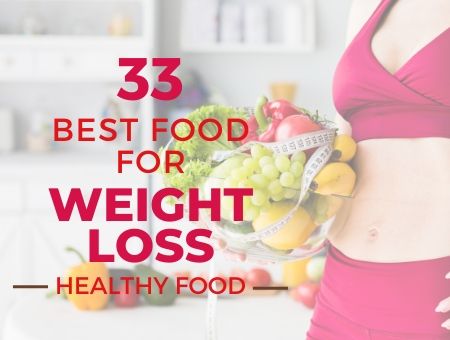Your diet plays such a huge role in your level of energy, yet most people don’t pay much attention to it. A person with a well balanced diet will feel refreshed when they wake up, have a steady yet high amount of energy throughout the day and fall asleep easily at night. On the other hand, someone with a poor diet will feel sluggish throughout the day; have a hard time waking up and a hard time falling asleep.
You don’t have to make an academic study out of food in order to reap the benefits of a good diet. In fact, if you follow these 3 tips, you’ll reap 90% of the results.
Improvement #1 – Cutting Out Non-Food Foods
Cut out all foods that are basically made of chemicals rather than foods. This includes any form of soda, anything that’s frozen that needs to be heated up in a microwave, fast food of all sorts, chips, candies, ice cream, etc.
In particular, avoid extremely long lists of ingredients in foods, especially ingredient lists of things that you can’t pronounce of recognize. Avoid foods that have high fructose corn syrup or partially hydrogenated oils.
These foods do more damage in your body than most people realize. They create imbalances in the brain, in the blood and in the sugar levels. They cause spikes and drops in energy. Furthermore, they’re also mildly addictive.
Improvement #2 – Food Combination
It’s not just what you eat, it’s how you eat it and what you eat it with.
Your stomach digests foods using primarily two different kinds of chemicals: Basic chemicals and acidic chemicals.
Proteins like meats are digested in base chemicals, while other foods like rice or bread are digested in acidic environments. Some foods, like vegetables can be digested in either, while others like fruits are best digested on neither (i.e. on an empty stomach.)
As any chemistry student could tell you, if you mix a base compound with an acid compound you get a neutral compound. It’s like mixing hot water with cold water – You get lukewarm water as a result.
In other words, if you eat foods that are digested in a base environment and an acidic environment together, your stomach has a much harder time digesting the foods. The chemicals in the stomach cancel each other out, the foods take longer to digest and can sometimes even decay in the stomach before it’s digested.
The bottom line? Eat proteins and starches separately. Eat a generous amount of veggies with every meal, but avoid combining proteins and carbs. Eat fruits separately from meals whenever possible.
Improvement #3 – Hydration
Most people are dehydrated without even knowing it. A good test of dehydration is whether your urine is completely clear or not. If it’s anything but 100% clear, you’re probably not drinking enough water.
Try “over drinking” for a day or two. You’ll be shocked at how much water your body will actually want to drink once it realizes there’s enough water around.
Most people live in a perpetual state of semi-dehydratedness. The body doesn’t realize there’s enough water around, so it learns to live with it. Once the body realizes it can have as much water as it needs however, you’ll find yourself thirsty much more often. This is a good thing.
Just getting enough water intake can boost mental clarity, help your digestion and increase your energy.
These are three simple yet effective dietary improvements you can make today. Take them one at a time, not all at once, and try it on for 30 days before deciding whether or not to keep the habit. It takes some discipline at first, but will quickly become a habit.







